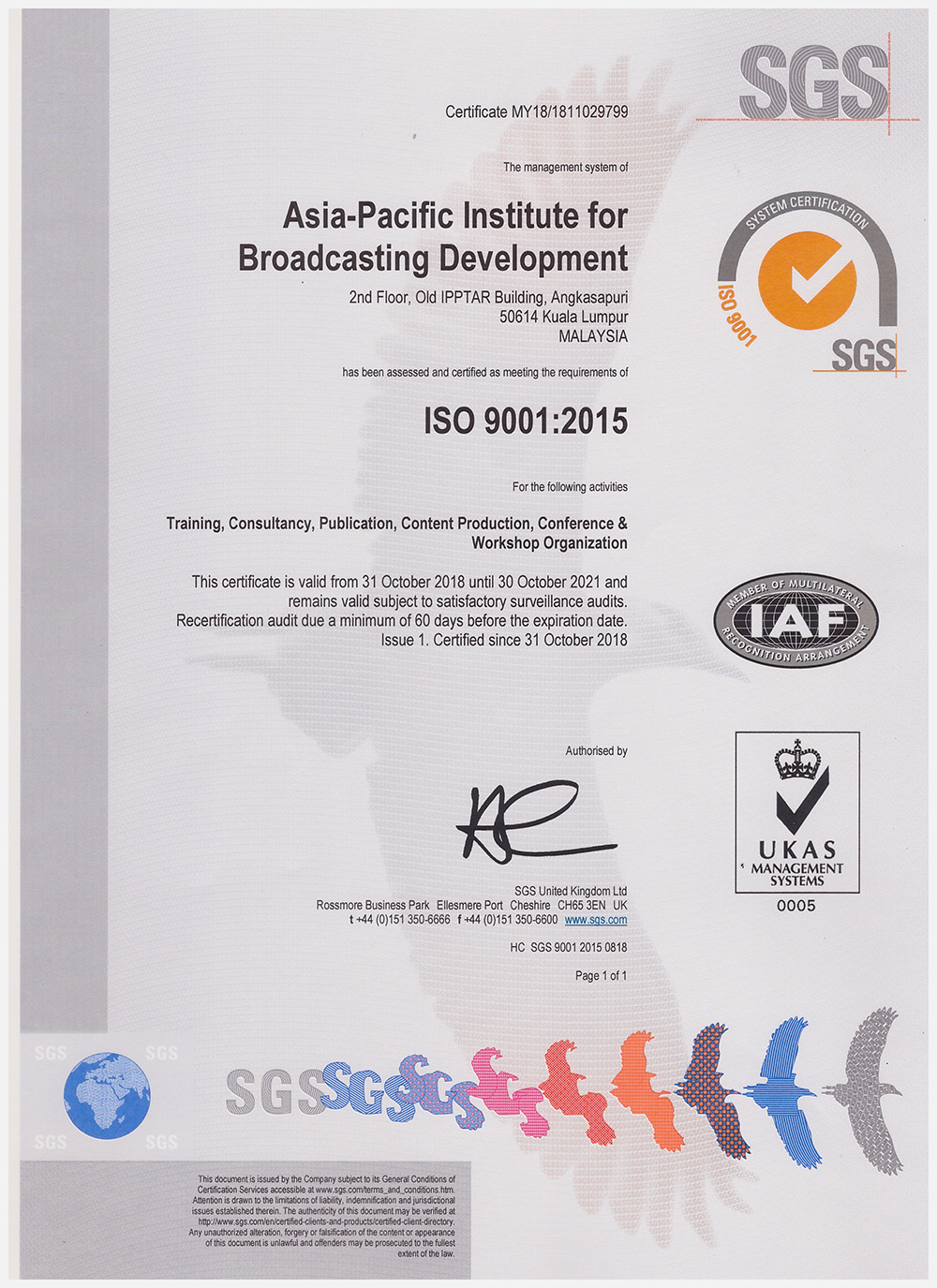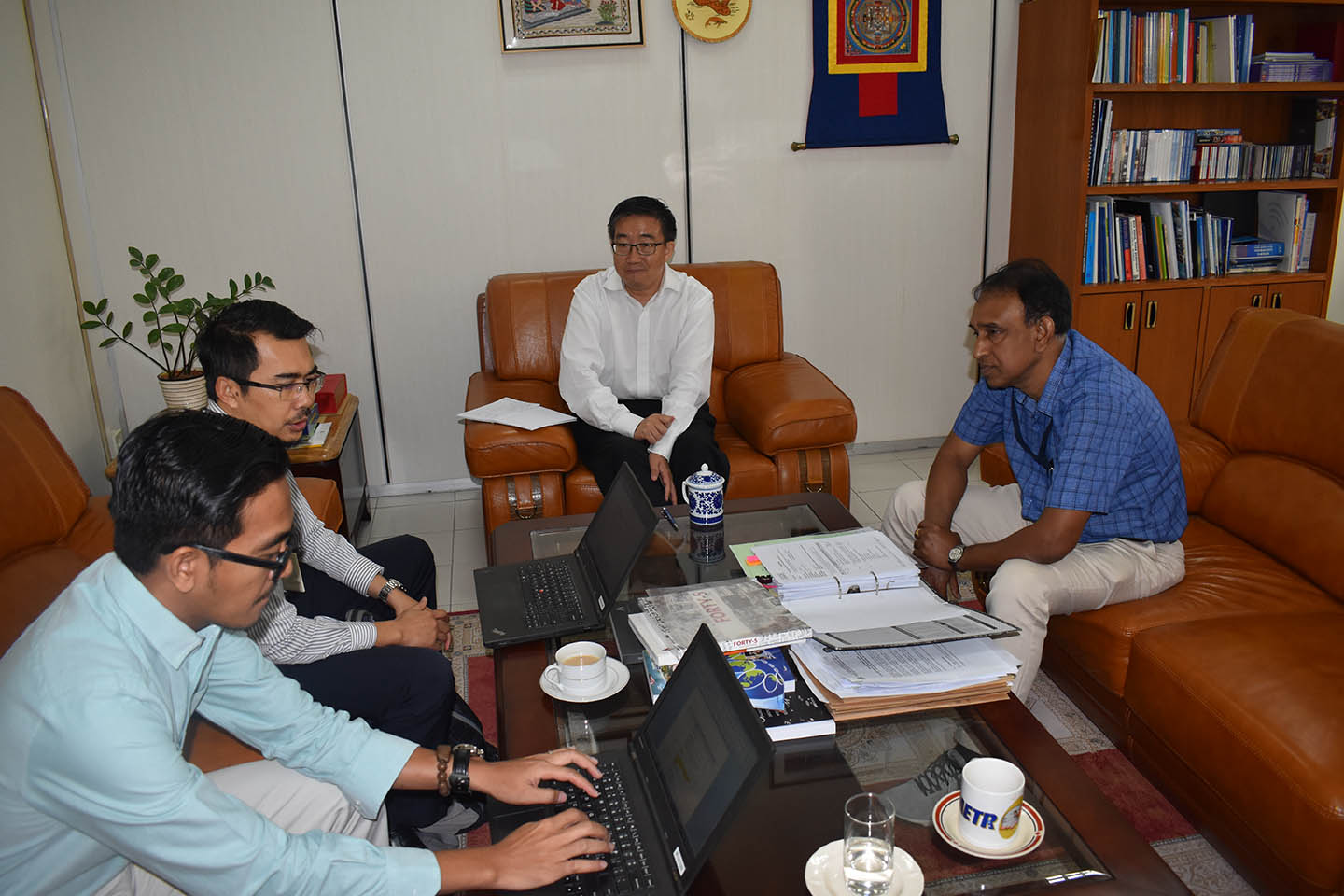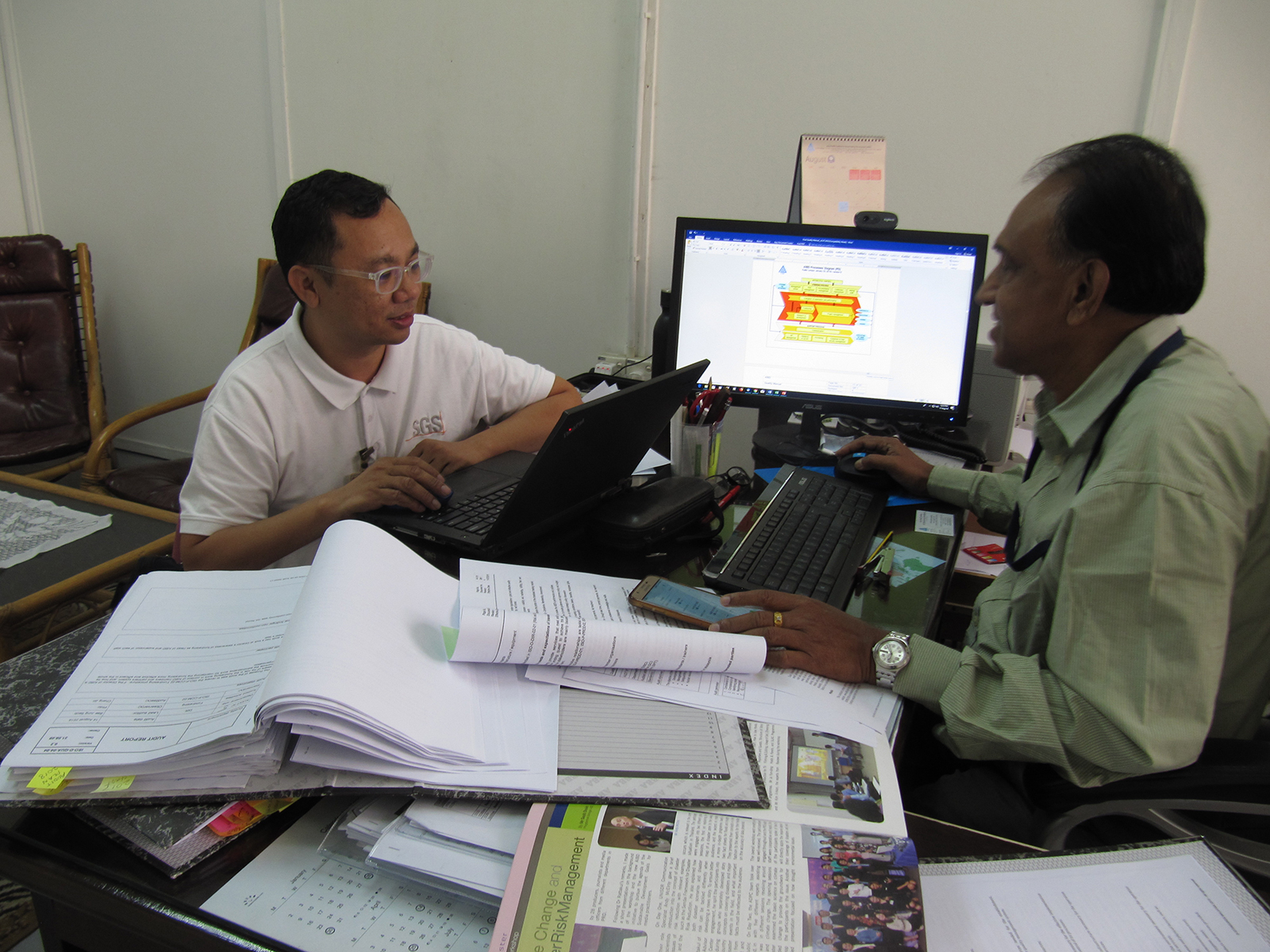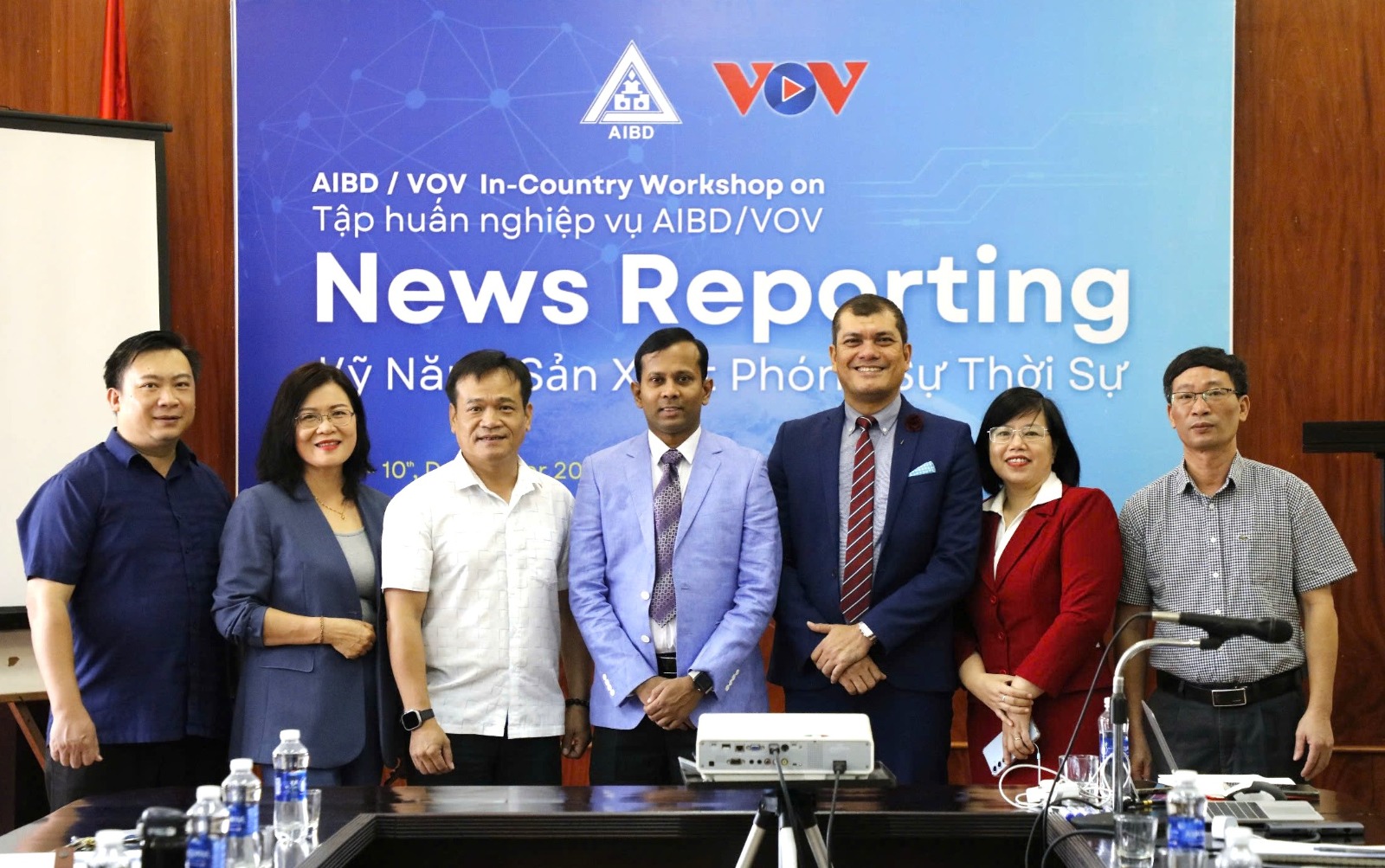AIBD Achieves ISO 9001:2015 Certification
The adoption of a quality management system is a strategic decision for an organisation that can help to improve its overall performance and provide a sound basis for sustainable development initiatives. Convinced of the relevance of quality, AIBD had decided first to apply for ISAS BCP 9001 international certification. AIBD was initially awarded the Quality Management Certificate, ISO 9001:2003 and ISAS BC 9001:2008 in 2009 as a reflection of its competence and credibility towards pursuing initiatives for media development in the Asia-Pacific.

AIBD was recertified on meeting the requirements of ISAS BCP 9001:2010 in October 2012 and also in October 2015 validated till October 2018. The certificate includes AIBD’s Quality Management systems and its core activities in training, consultancy, publication, content production and workshop organisation. Considering the nature of AIBD activities, AIBD had decided to transit to ISO 9001:2015 standard.

The new standard ISO 9001:2015 is the fifth edition and it replaces the fourth edition (ISO 9001:2008) which has been technically revised, through the adoption of a revised clause sequence and the adaptation of the revised quality management principles and of new concepts. The staff members of AIBD had been working on documentation since long for transition to the new standard. In January 2018, AIBD engaged the SGS Academy to provide its staff members with a two-days training on ISO 9001:2015 for understanding the requirement of the new standard and Internal Audit process accordingly. The highly interactive sessions were led by an SGS Academy trainer with many years of ‘hands-on’ experience in a number of quality management systems audits and audit training programmes. The trainer Ms See Lee Leing provided detailed explanation of the ISO 9001:2015 standard and the requirements of the quality management systems. She explained about the audit cycle; from the preparation stage to performing an internal audit and also included techniques and styles of questioning to reporting on non-conformances and writing of effective reports.

AIBD continued to work on modifying the quality documents to be aligned with new standard giving special emphasis on New Quality manual and structuring risk and opportunity matrix in compliance with ISO 9001:2015. Meanwhile AIBD engaged a consultant (gap auditor) from M/s Gateway Solution Quality System Consultant to ensure AIBD documentation meets the requirements of new standard and to provide hands-on guidance on upgrading the AIBD documents to latest QMS requirements. The consultant Ms. Steller Lee Yoke Siew attended the audit on 19 June, 2018 and worked throughout the day with Quality Manager of AIBD on improving upon the documents thus narrowing down the gaps towards the requirement of new standard.
M/s SGS (Malaysia) Sdn Bhd conducted the External Audit in two stages. Mr. Tan Wai Keong of SGS conducted Stage 1 audit on 17 August 2018 to determine conformity of AIBD management system and its ability to ensure applicable statutory, regulatory and contractual requirements are met. The stage 1 audit remained successful as Quality Management System (QMS) of AIBD conformed with all the requirements of Audit Standard and AIBD qualified to proceed for the stage 2 audit as scheduled.
The stage 2 audit was conducted by SGS Auditors Mr. Eddie Fuad (Lead Auditor) and Mr Hazwan Zailan on 19 September 2018. The staff members passed through the exhaustive day undergoing through rigorous auditing process and Quality Manager survived all through the strenuous day with scrutiny of voluminous quality documents both in its hard and soft form.
At the completion of the audit, the Audit Team concluded that the organisation (AIBD) established and maintained its management system in line with the requirements of the standard and demonstrated the ability of the system to systematically achieve agreed requirements for products or services within the scope and the organization’s policy and objectives. Therefore the audit team recommended that, based on the results of the audit and the system’s demonstrated state of development and maturity, management system certification be granted.







